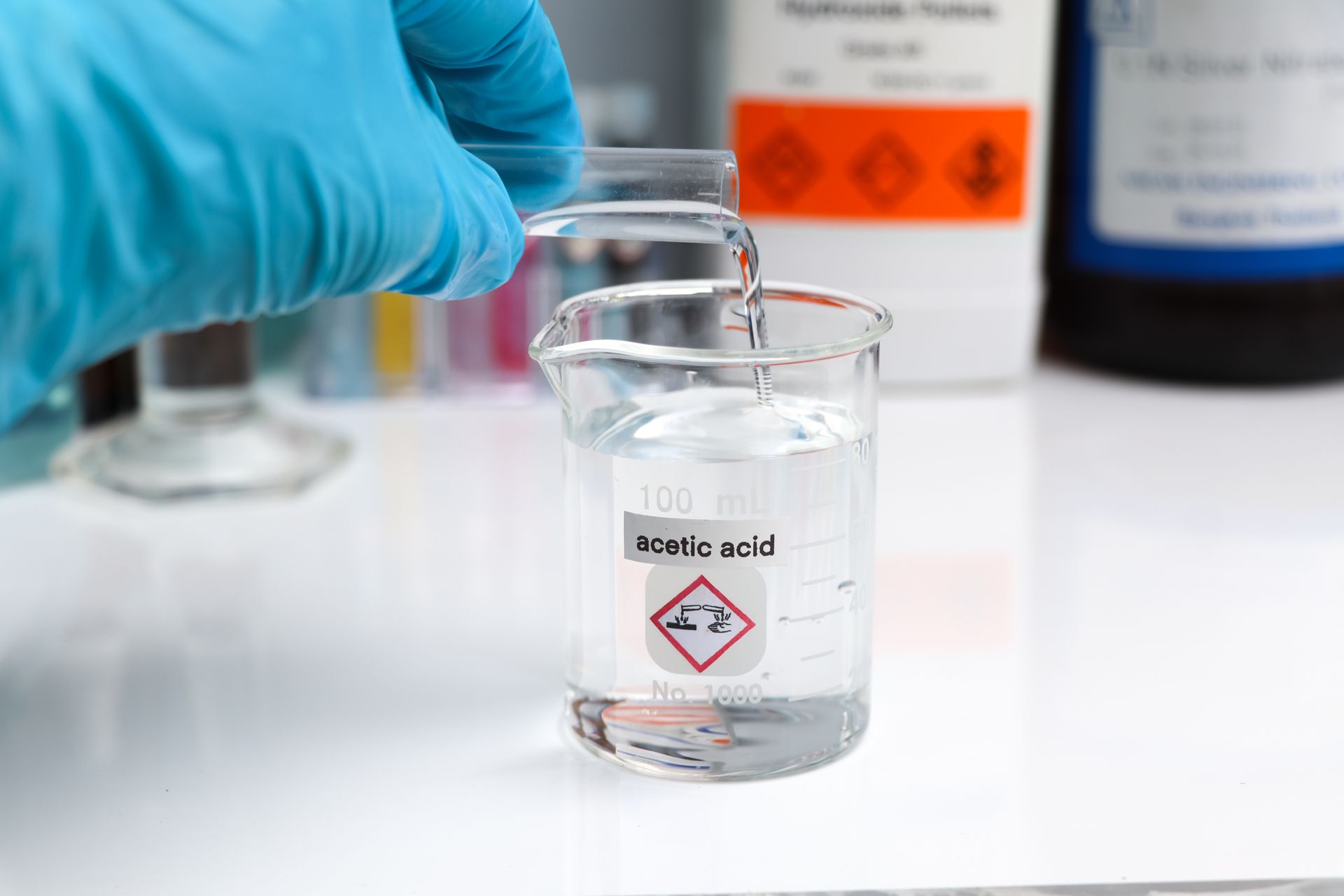1-877-HALAL-WW (+1-877-425-2599)
Cheetos and Their Halal Status
Is That Cheesy Crunch Halal? An In-Depth Investigation
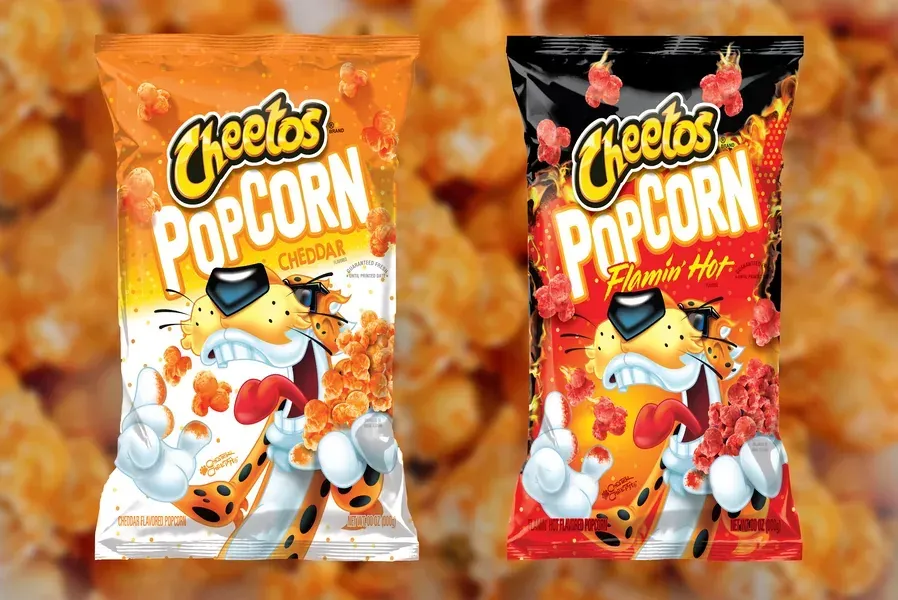
Summary: Cheetos ingredients are apparently Halal, but caution should be observed due to the lack of manufacturing transparency surrounding cross contamination. This applies both to the product itself, and the ingredients they are derived from.
Cheetos, the famous cheesy snack, has become a household favorite around the world. Known for their unique crunch and vibrant orange color, Cheetos are a popular choice for casual snacking. However, for Muslim consumers, it's essential to determine if Cheetos meet halal dietary laws. Even though they are widespread, popular, and readily available for snacking, it is still important to only consume halal snacks as a Muslim. Thus, ensuring that snacks like Cheetos are halal helps maintain dietary integrity for those who follow Islamic guidelines.
History of the Product
Cheetos were first introduced in the 1940s by Frito-Lay, a subsidiary of PepsiCo. Created by Charles Elmer Doolin, the product quickly gained popularity due to its unique texture and flavor. Over the decades, Cheetos have expanded globally, with various flavors custom-made to regional tastes. The brand has become an iconic snack, recognized for its bold flavors and crunchy texture. Today, Cheetos are available in numerous countries, making it important to understand their halal status for Muslim consumers worldwide.
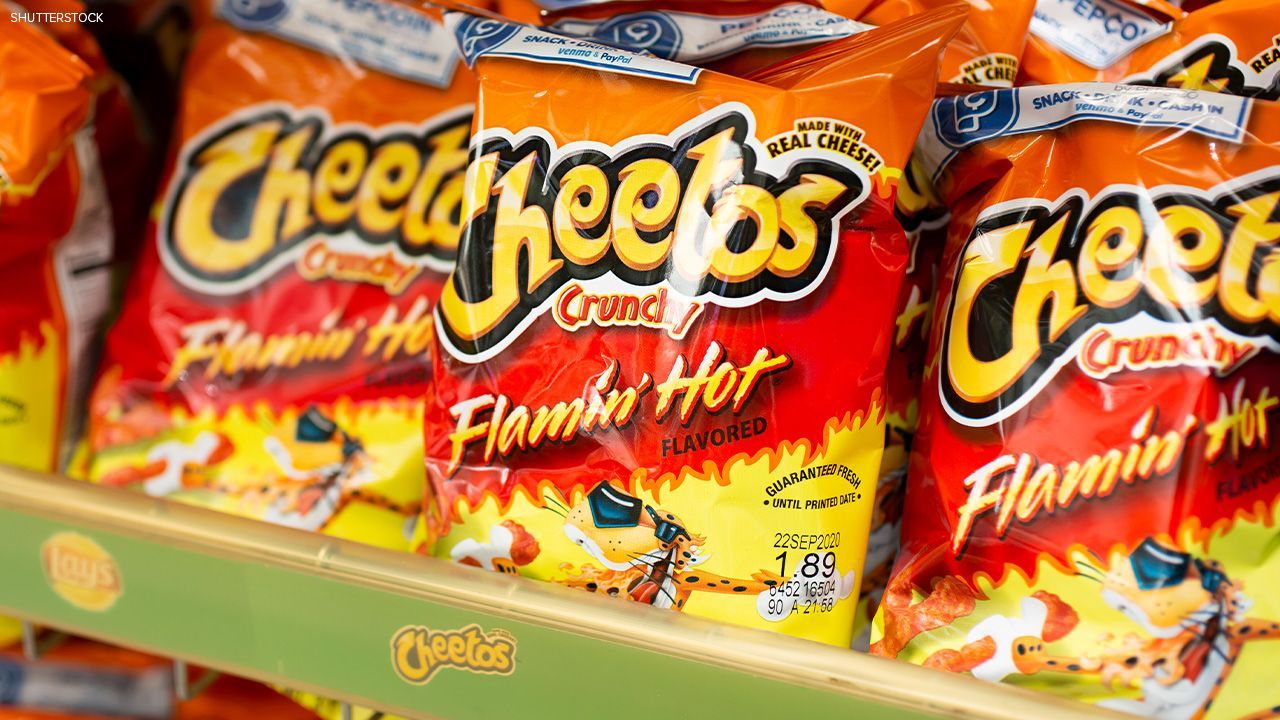
Ingredients of the Product
Cheetos are made from a combination of ingredients that give them their signature taste and texture. The primary ingredients include cornmeal, vegetable oil, and cheese seasoning. There are also other additional ingredients included to enhance the flavor and preserve the product. Here's a detailed breakdown:
Cornmeal: Cornmeal is the primary ingredient that forms the base of Cheetos and provides the crunchy texture.
Vegetable Oil: Vegetable oil is used in the frying process to achieve the desired crispness.
Cheese Seasoning: The cheese seasoning comprises a blend that includes various components such as whey, cheddar cheese, maltodextrin, and artificial flavors.
Salt: Salt helps add flavor to the snack and acts as a preservative.
Each Ingredient Broken Down
Knowing the halal status of each ingredient in Cheetos is crucial. Based on a detailed analysis, including Excel-provided verification, here is an updated breakdown of key ingredients:
1. Cornmeal
- Status: Halal
- Source: Plant-based and generally considered permissible.
2. Ferrous Sulfate
- Status: Halal
- Source: Plant-derived, permissible.
3. Niacin (Vitamin B3)
- Status: Halal
- Source: Synthetic source; considered permissible.
4. Thiamin Mononitrate (Vitamin B1)
- Status: Halal
- Source: Generally synthetically derived.
5. Riboflavin (Vitamin B2)
- Status: Halal
- Source: Synthetic source.
6. Whey
- Status: Halal
- Source: Derived from milk; permissible according to the classical opinion we follow.
7. Cheddar Cheese
- Status: Halal
- Source: Cheese is halal, even if it includes rennet derived from animals, based on the hadith of the Prophet Muhammad (peace be upon him), who ate the cheese of the Magians. This hadith provides clear evidence that such cheese is permissible.
Hadith Reference: It is narrated that the Prophet (peace be upon him) ate from the cheese of the Magians (reported by Abu Dawood and others).
This serves as a basis for permissibility, as cheese is not inherently haram even if it includes rennet, unless it is proven to be impure or contaminated with haram elements.
While there are other scholarly opinions regarding cheese and its derivatives, this is a valid classical opinion held by many scholars and followed by our community.
8. Artificial Colors
- Status: Halal with Conditions
- Source: Confirmed synthetic sources are permissible, but further checks are necessary.
This analysis highlights that cheese, whey, and related dairy items are halal according to the opinion we follow, as they align with valid classical scholarship and Prophetic tradition.
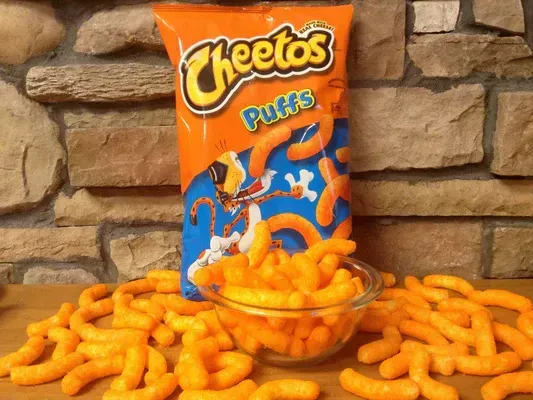
Investigatory Work: Engaging the Manufacturer
As experts in halal compliance, we conducted a direct inquiry with the company producing Cheetos to verify its halal status. Below is the full correspondence:
Our Inquiry
"My name is Mansoor Rafiq Umar, a Client Support Associate at Halal Watch. I am conducting an inquiry regarding the halal compliance of your product, Cheetos. To ensure clarity and alignment with halal standards, I kindly request your assistance in providing the following information:
- Does your facility produce, utilize, or handle any of the following:
- Human-derived ingredients
- Pork or pork derivatives
- Donkey or other prohibited animals
- Animals not slaughtered according to Islamic rites
- Carrion or any forms of filth (e.g., urine, blood, etc.)
- Intoxicants (e.g., alcohol, THC)
- Equipment or tools that have not been cleansed as per halal standards
- Does your facility have protocols in place to ensure proper hygiene and sanitation throughout the production process?
- Are there measures to prevent cross-contamination between products with differing dietary requirements?
- Can you confirm if Cheetos or the ingredients used in its production have been certified halal by any recognized certification body?
Your assistance in completing this disclosure will be invaluable in helping us make informed decisions. If needed, I can provide you with a detailed form to fill out for your convenience."
Company Response:
"Thank you for contacting us. Most of the cheeses in our seasonings are made with animal enzymes, similar to cheeses sold in the grocery store. If you want to avoid these enzymes, you might want to avoid our snacks that list 'cheese' as ingredients. Only a few snacks have animal flavors, and they will be listed on the ingredient statement, not hidden under 'natural flavors.'
The snacks on our kosher-dairy lists are free of animal flavors and animal enzymes. You'll find this list by clicking on Nutrition Facts at the top of our home page. Our non-seasoned, salted-only snacks, such as Fritos, Lay's Classic, Rold Gold Pretzels, Ruffles Original, SunChips Original, and Tostitos, do not have enzymes of any kind.
Thank you again for reaching out to us and for your interest in Frito-Lay snacks. We truly value your loyalty and your business!"
Their response didn’t answer many of our critical questions about cross-contamination, facility protocols, or specific halal certifications. This is the difficulty we run into when trying to confirm a product's halal status. Many companies tend to provide transparency and clarity in one sense while glossing over other important and relevant areas. As frustrating as it may be to receive responses like these, it is not uncommon in the least. Our goal is to shine a light on the truth however much we are able to and provide that information to our readers.
How It Is Manufactured
Cheetos are manufactured through a process involving several stages. First, the cornmeal is mixed with water and oil, creating a dough. This dough is then molded to form the classic Cheeto shapes. These shapes are fried in vegetable oil until they become crispy. After frying, the pieces are coated with cheese seasoning. This process can introduce the risk of cross-contamination, particularly if the manufacturing lines also process non-halal products. Maintaining strict cleaning protocols and dedicated Halal lines can help mitigate this risk.
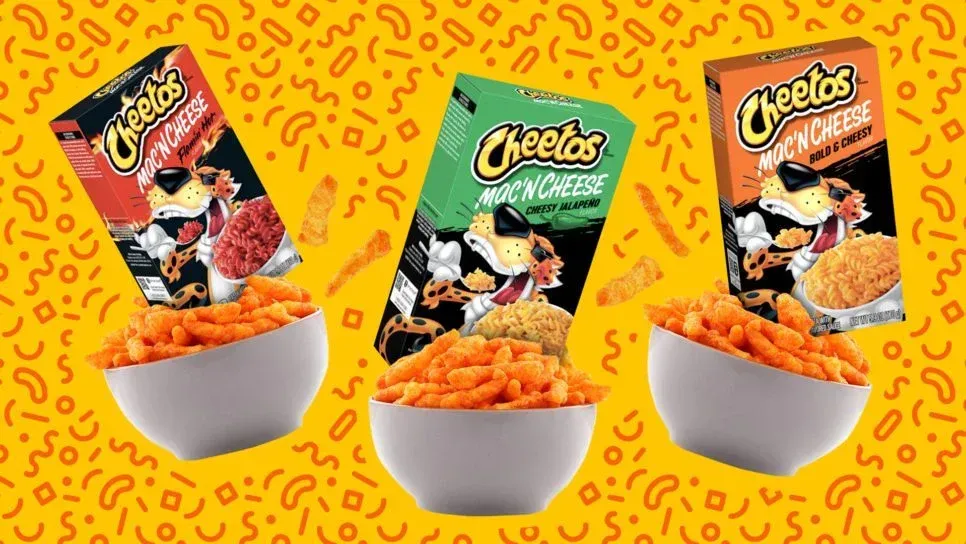
Potential for Cross-Contamination
Cross-contamination is a critical concern in determining the halal status of processed foods like Cheetos. If the same equipment is used to process both Halal and non-Halal products, the risk of contamination increases. For example, if the production lines or frying oil are used for products containing pork or non-halal beef derivatives, this would render Cheetos non-Halal (haram). Manufacturers must adhere to strict halal guidelines to ensure that there is no cross-contamination during production.
Final Verdict – Cheetos
Cheetos contain ingredients that are halal, although there may be concerns regarding cross-contamination. According to the classical opinion we follow, cheese, whey, and related dairy products are halal, as evidenced by the practice of the Prophet Muhammad (peace be upon him). Our investigation revealed that the manufacturer’s response did not provide the clarity we hoped for. We understand the challenges this presents, and we will keep working to uncover the answers that matter to our readers. Until then, the product may be consumed, but we advise caution. We encourage Frito-Lay to engage halal certification for their products so that the halal-conscious consumer can eat their products in a state of internal peace and comfort.





